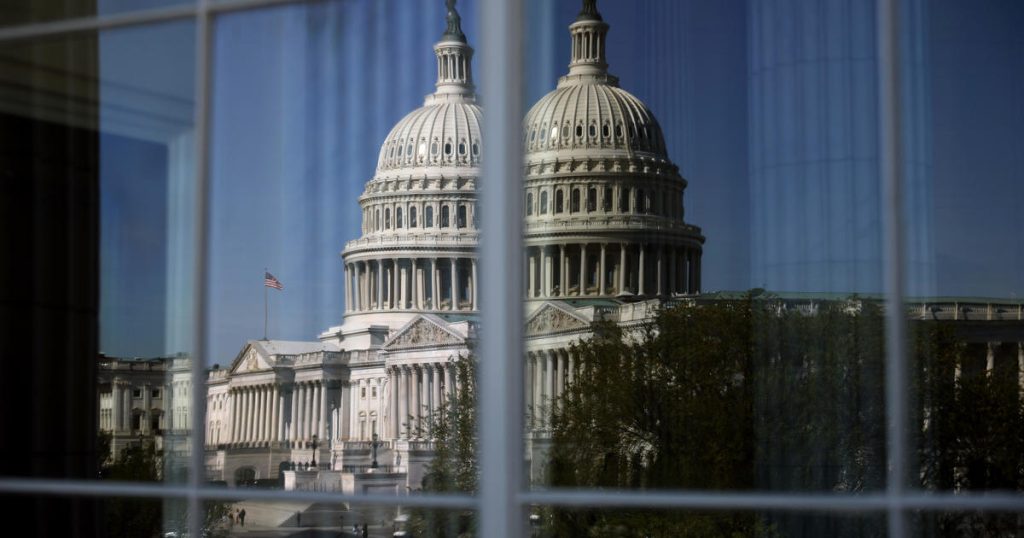Americans generally support safeguarding access to IVF treatments, however, there is a lack of agreement in Congress on how to secure these protections. Republicans recently introduced the IVF Protection Act, which aims to prevent states from prohibiting in vitro fertilization in order to receive federal funding. Democrats, on the other hand, have their own proposal for protecting access to IVF. Senate Majority Leader Chuck Schumer and Democratic Senator Tammy Duckworth believe that the GOP bill would incentivize certain states to defund Medicaid while banning IVF. Despite Republican claims that their bill would protect IVF, Democrats argue that it falls short in addressing the broader issues surrounding fertility treatments.
Senator Ted Cruz defended the IVF Protection Act against criticism from Democrats and highlighted that it is a necessary step to secure IVF access federally. However, Democrats assert that the bill’s definition of IVF is too narrow and leaves room for states to implement further restrictions on the procedure. Duckworth criticized Cruz’s bill for not addressing the issue of states defining fertilized eggs as human children, which has led to restrictions on access to fertility treatments in some areas. Duckworth’s Access to Family Building Act aimed to establish a statutory right for access to assisted reproductive services like IVF was met with objection from a Republican senator who claimed the bill went too far.
The clash over protecting access to IVF comes amidst a rise in personhood bills in 23 states that could potentially impact fertility treatments. Despite widespread support from Americans to keep IVF legal, reaching a compromise in Congress appears to be challenging. Both parties are committed to protecting access to fertility treatments, but disagreements on the exact measures needed to safeguard these rights hinder progress. Collura, the CEO of Resolve: The National Infertility Association, emphasized the nonpartisan nature of family-building issues and the importance of protecting IVF in its current form. However, she acknowledged the difficulty in securing bipartisan support for IVF when fundamental beliefs about personhood are at odds.
The bipartisan divide in Congress complicates efforts to ensure access to fertility treatments for all Americans. Democrats and Republicans have introduced competing bills to protect IVF, but disagreements over definitions, scope, and implications hinder progress. The ongoing debate around IVF protections highlights larger ideological differences on reproductive rights and personhood. Despite numerous efforts to secure access to fertility treatments, true bipartisan compromise seems out of reach as politicians remain entrenched in their respective positions. The future of IVF access and regulations in the United States remains uncertain as lawmakers navigate complex ethical and political considerations.


